“Liberia: The Land of Return – Commemorating 200 Years of Freedom and Pan-African Leadership” as Bicentennial Commemoration theme
The Bicentennial Steering Committee for the planning of Liberia’s 200-years anniversary commemoration as a country announces the theme and slogan of the event, which will be celebrated throughout 2022 from January 7, to December 10, 2022, with the official opening ceremony taking place on February 14, 2022 in Monrovia, the Liberian capital.
This was disclosed in a statement made available to The SUMMIT, signed by the Minister of Information, Cultural Affairs and Tourism and Chairman of the Bi-Centennnial Steering Committee, Hon. Ledgerhood Julius Rennie.
Liberia was founded in 1822 by free people of African descent from the United States of America.
According to the Steering Committee, the theme is “Liberia: The Land of Return – Commemorating 200 Years of Freedom and Pan-African Leadership”, while the slogan is “The Lone Star Forever, Stronger Together.”
The Steering Committee said, this theme signifies three important historical milestones achieved by the country since it was founded in 1822 by free people of African descent and their patrons from the United States.
“Firstly, the theme celebrates Liberia, in West Africa, as the land chosen as refuge by free people of African descent who endured many years of servitude in the United States, to settle as their home country. Consequently, under the auspices of the American Colonisation Society (ACS), many of the free people of color emigrated from the United States and disembarked on Providence Island in Liberia on January 7, 1822 as their home country.
“Secondly, the theme seeks to memorialise black freedom and nationhood and the determination for self-governance that began 200 years ago when Liberia was established in 1822. In an era when people of African descent were seeking freedom and self-determination, the founding of Liberia, “the Black Republic,” which gained independence in 1847 stood as the clear indication that Africans were capable of self-rule.
“Thirdly, the theme acknowledges the pivotal Pan-Africanist leadership role that Liberia played, crusading for Africa’s decolonisation and independence, including its uncompromising stance against the racial segregation in South Africa known then as apartheid. Liberia would later champion the establishment of multinational unions on the African Continent and the global stage. “Foremost was its Pan-Africanist leadership role in organising the historic 1959 “Sanniquellie Conference” involving Liberia, Guinea, and Ghana which ultimately resulted in the formation of Organisation of African Union (OAU) in 1963. Liberia assumed similar Pan-Africanist leadership in the formation of the African Union (AU), successor to the OAU. It likewise joined the call on the Continent for creation of regional economic organizations, such as, the Economic Community of West African States (ECOWAS) and the Mano River Union.
“And it was in similar spirit of Pan-Africanism that inspired Liberia to join other nations in supporting the formation of international bodies, including the United Nations, the World Bank, and the International Monetary Fund (IMF). As a Pan-Africanist leader, Liberia became the vision bearer and founder of the African Development Bank when the bank was established in the 1960s to foster economic cooperation on the African Continent.”
It can be recalled that even while slavery remained legal in the United States until 1865, the resettlement efforts of the ACS culminated into the establishment of present-day Liberia in West Africa to relocate free black men, women and children from the United States and other people of colour from other parts of the world. This led to the departure of the first group of about 86 free Blacks from the shores of New York in 1820. By the end of the 1800s, approximately 17,000 free Blacks from the United States and the Caribbean were repatriated to Liberia. Other people of color would continue to seek refuge in Liberia, the “land of liberty.”
Since their arrival, the settlers established self-governance in Liberia with Joseph Jenkins Roberts from Virginia of the United States serving as the first African American to be elected as president of a country. Subsequently, nine other American-born Africans from Maryland, South Carolina, Ohio and Kentucky served as presidents of Liberia, this first black African Republic.
The capital city of Liberia was named Monrovia after James Monroe, fifth President of the United States, a staunch supporter of the ACS and the flag of the country is a partial replica of the American flag to symbolize the strong relationship between both countries.
To preserve and uphold a strong bond of relationship with the United States of America, the settlers named most of the counties and cities of Liberia after a number of American States, notably including Maryland and Mississippi in Africa, amongst others “to continue to preserve their cultural ties with the places they came from in the United States.
The slogan shows Liberia as the Lone Star nation and the first independent black republic in Africa. Despite the country’s recent bitter history of conflict, Liberia has restored peace and stability and it remains stronger together as a nation through democratic governance. The country has held three successive democratic elections, which ushered in Mrs. Ellen Johnson-Sirleaf as the first democratically elected female president of the country and Africa. In 2017, the country witnessed the democratic transfer of power from one democratically elected president to another when President Sirleaf transferred power to President George Manneh Weah as a result of the outcome of a free, fair and transparent democratic election. This transfer of power was a significant milestone that the country has not achieved in more than 70 years.
According to the Steering Committee, the theme and slogan are designed to support the objectives of the Bicentennial Commemoration, which are to celebrate Liberia’s rich cultural heritage; to showcase the country’s tourism and investment opportunities; to reunite and reconnect African Americans in the United States and other blacks within the diaspora to their cultural identity in Liberia. A key objective of the Bicentennial commemoration is to also strengthen the rich historic relationship between the United States and Liberia dating back to the 1800s when Liberia was established.
To ensure the success of the Bicentennial Commemoration, His Excellency, President Dr. George Manneh Weah of the Republic of Liberia, has called on all Liberians, the local and international partners and the diaspora communities to participate in this historic event to celebrate 200 years of the founding of the country by free people of African descent from the United State and other parts of the world, including the Caribbean and Europe; and the level of freedom and Pan-African leadership that the country has enjoyed, while showcasing the country as an ideal destination for tourism and investment.
Various sub-committees are assisting the National Steering Committee of the Bicentennial commemoration ensuring an inclusive measure to assure the success of the event. The President is calling on all Liberians and good friends of the country from around the world to work together collaboratively, irrespective of their social and political alignments, to ensure the success of this event for the overall benefit for the country.
Ghanamps.com /Ecowasnews.com
as Bicentennial Commemoration theme
The Bicentennial Steering Committee for the planning of Liberia’s 200-years anniversary commemoration as a country announces the theme and slogan of the event, which will be celebrated throughout 2022 from January 7, to December 10, 2022, with the official opening ceremony taking place on February 14, 2022 in Monrovia, the Liberian capital.
This was disclosed in a statement made available to The SUMMIT, signed by the Minister of Information, Cultural Affairs and Tourism and Chairman of the Bi-Centennnial Steering Committee, Hon. Ledgerhood Julius Rennie.
Liberia was founded in 1822 by free people of African descent from the United States of America.
According to the Steering Committee, the theme is “Liberia: The Land of Return – Commemorating 200 Years of Freedom and Pan-African Leadership”, while the slogan is “The Lone Star Forever, Stronger Together.”
The Steering Committee said, this theme signifies three important historical milestones achieved by the country since it was founded in 1822 by free people of African descent and their patrons from the United States.
“Firstly, the theme celebrates Liberia, in West Africa, as the land chosen as refuge by free people of African descent who endured many years of servitude in the United States, to settle as their home country. Consequently, under the auspices of the American Colonisation Society (ACS), many of the free people of color emigrated from the United States and disembarked on Providence Island in Liberia on January 7, 1822 as their home country.
“Secondly, the theme seeks to memorialise black freedom and nationhood and the determination for self-governance that began 200 years ago when Liberia was established in 1822. In an era when people of African descent were seeking freedom and self-determination, the founding of Liberia, “the Black Republic,” which gained independence in 1847 stood as the clear indication that Africans were capable of self-rule.
“Thirdly, the theme acknowledges the pivotal Pan-Africanist leadership role that Liberia played, crusading for Africa’s decolonisation and independence, including its uncompromising stance against the racial segregation in South Africa known then as apartheid. Liberia would later champion the establishment of multinational unions on the African Continent and the global stage. “Foremost was its Pan-Africanist leadership role in organising the historic 1959 “Sanniquellie Conference” involving Liberia, Guinea, and Ghana which ultimately resulted in the formation of Organisation of African Union (OAU) in 1963. Liberia assumed similar Pan-Africanist leadership in the formation of the African Union (AU), successor to the OAU. It likewise joined the call on the Continent for creation of regional economic organizations, such as, the Economic Community of West African States (ECOWAS) and the Mano River Union.
“And it was in similar spirit of Pan-Africanism that inspired Liberia to join other nations in supporting the formation of international bodies, including the United Nations, the World Bank, and the International Monetary Fund (IMF). As a Pan-Africanist leader, Liberia became the vision bearer and founder of the African Development Bank when the bank was established in the 1960s to foster economic cooperation on the African Continent.”
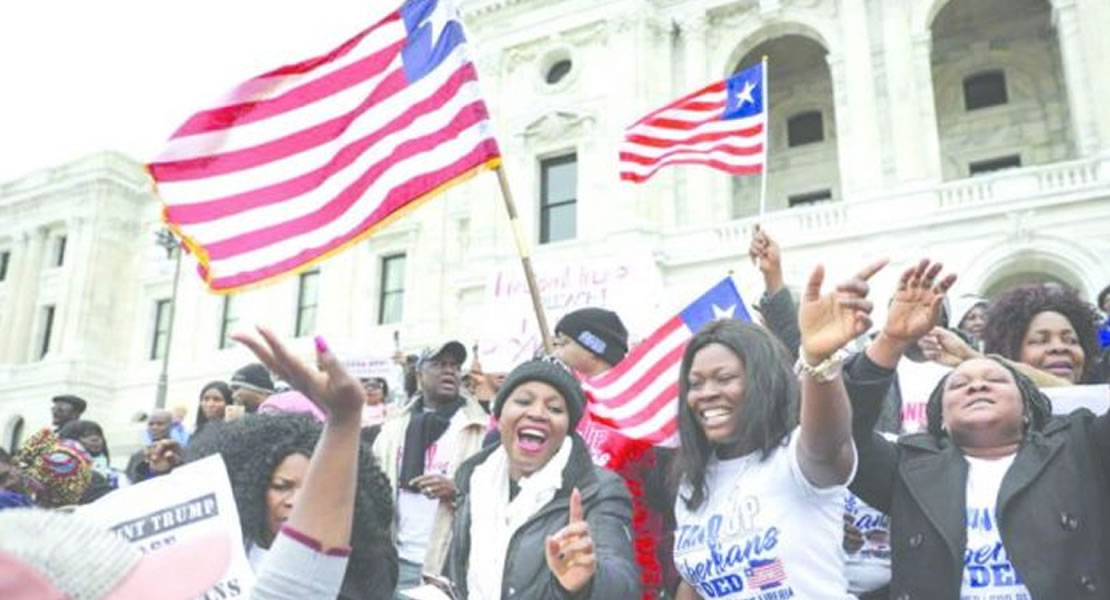 It can be recalled that even while slavery remained legal in the United States until 1865, the resettlement efforts of the ACS culminated into the establishment of present-day Liberia in West Africa to relocate free black men, women and children from the United States and other people of colour from other parts of the world. This led to the departure of the first group of about 86 free Blacks from the shores of New York in 1820. By the end of the 1800s, approximately 17,000 free Blacks from the United States and the Caribbean were repatriated to Liberia. Other people of color would continue to seek refuge in Liberia, the “land of liberty.”
It can be recalled that even while slavery remained legal in the United States until 1865, the resettlement efforts of the ACS culminated into the establishment of present-day Liberia in West Africa to relocate free black men, women and children from the United States and other people of colour from other parts of the world. This led to the departure of the first group of about 86 free Blacks from the shores of New York in 1820. By the end of the 1800s, approximately 17,000 free Blacks from the United States and the Caribbean were repatriated to Liberia. Other people of color would continue to seek refuge in Liberia, the “land of liberty.”
Since their arrival, the settlers established self-governance in Liberia with Joseph Jenkins Roberts from Virginia of the United States serving as the first African American to be elected as president of a country. Subsequently, nine other American-born Africans from Maryland, South Carolina, Ohio and Kentucky served as presidents of Liberia, this first black African Republic.
The capital city of Liberia was named Monrovia after James Monroe, fifth President of the United States, a staunch supporter of the ACS and the flag of the country is a partial replica of the American flag to symbolize the strong relationship between both countries.
To preserve and uphold a strong bond of relationship with the United States of America, the settlers named most of the counties and cities of Liberia after a number of American States, notably including Maryland and Mississippi in Africa, amongst others “to continue to preserve their cultural ties with the places they came from in the United States.
The slogan shows Liberia as the Lone Star nation and the first independent black republic in Africa. Despite the country’s recent bitter history of conflict, Liberia has restored peace and stability and it remains stronger together as a nation through democratic governance. The country has held three successive democratic elections, which ushered in Mrs. Ellen Johnson-Sirleaf as the first democratically elected female president of the country and Africa. In 2017, the country witnessed the democratic transfer of power from one democratically elected president to another when President Sirleaf transferred power to President George Manneh Weah as a result of the outcome of a free, fair and transparent democratic election. This transfer of power was a significant milestone that the country has not achieved in more than 70 years.
According to the Steering Committee, the theme and slogan are designed to support the objectives of the Bicentennial Commemoration, which are to celebrate Liberia’s rich cultural heritage; to showcase the country’s tourism and investment opportunities; to reunite and reconnect African Americans in the United States and other blacks within the diaspora to their cultural identity in Liberia. A key objective of the Bicentennial commemoration is to also strengthen the rich historic relationship between the United States and Liberia dating back to the 1800s when Liberia was established.
To ensure the success of the Bicentennial Commemoration, His Excellency, President Dr. George Manneh Weah of the Republic of Liberia, has called on all Liberians, the local and international partners and the diaspora communities to participate in this historic event to celebrate 200 years of the founding of the country by free people of African descent from the United State and other parts of the world, including the Caribbean and Europe; and the level of freedom and Pan-African leadership that the country has enjoyed, while showcasing the country as an ideal destination for tourism and investment.
Various sub-committees are assisting the National Steering Committee of the Bicentennial commemoration ensuring an inclusive measure to assure the success of the event. The President is calling on all Liberians and good friends of the country from around the world to work together collaboratively, irrespective of their social and political alignments, to ensure the success of this event for the overall benefit for the country.
Ghanamps.com
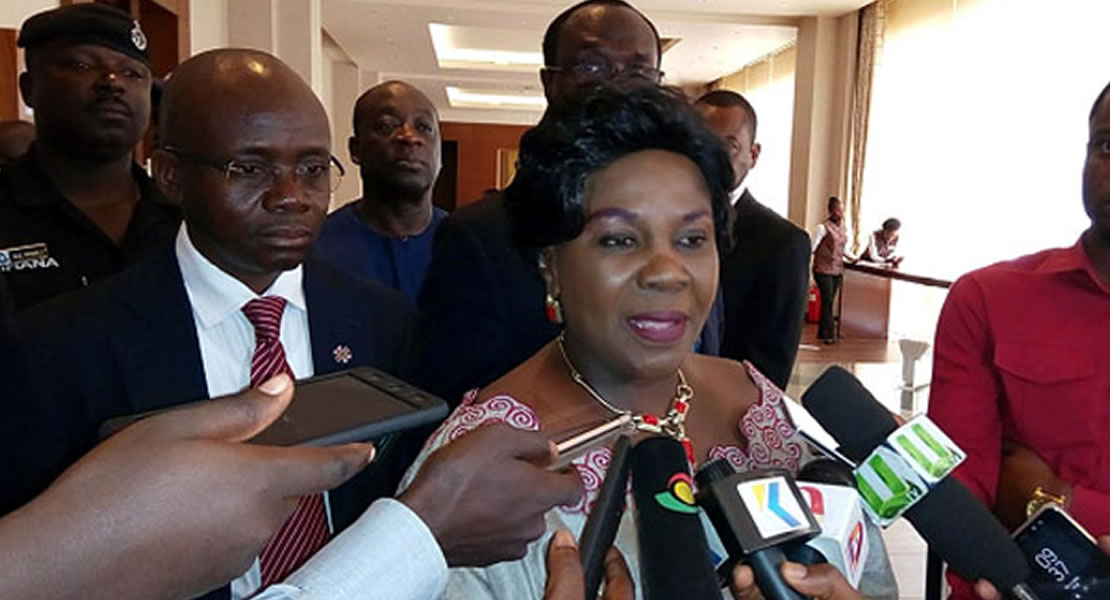
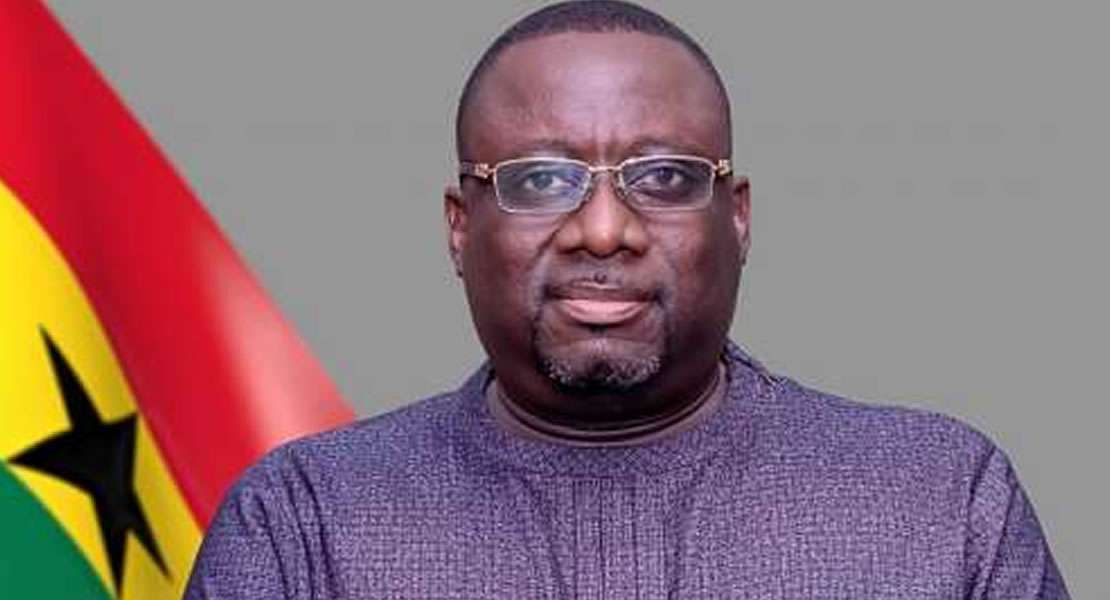
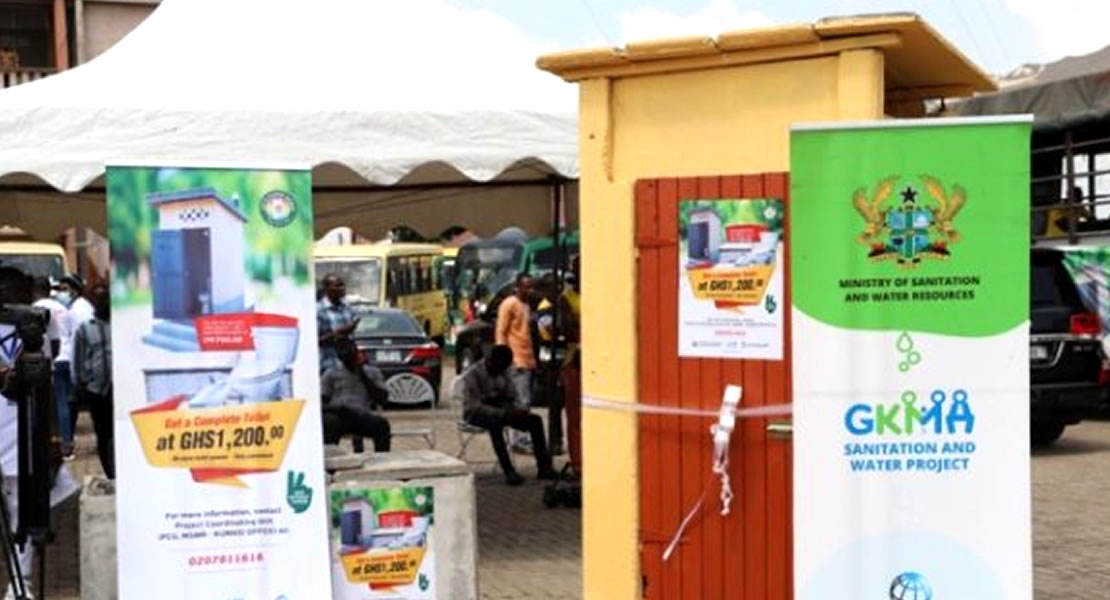 The contractor would pre-finance the construction of the toilet and then they would submit their claim for payment after it has been verified that the toilets exist. “We have a way of verifying so that the toilet can be counted. This is the concept that gave us the over thirty thousand numbers in Accra”.
The contractor would pre-finance the construction of the toilet and then they would submit their claim for payment after it has been verified that the toilets exist. “We have a way of verifying so that the toilet can be counted. This is the concept that gave us the over thirty thousand numbers in Accra”.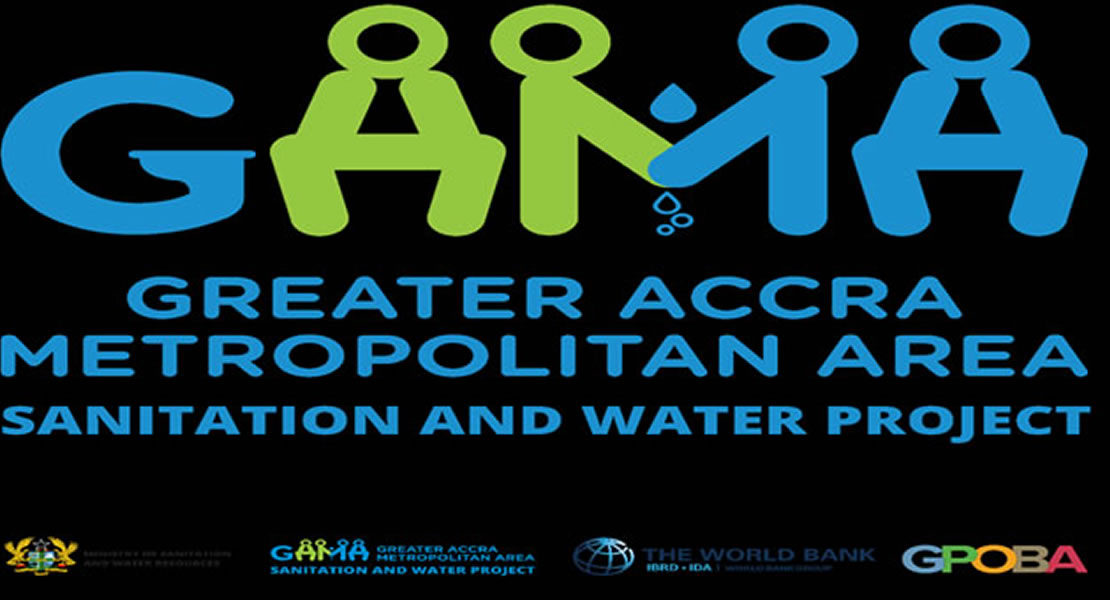
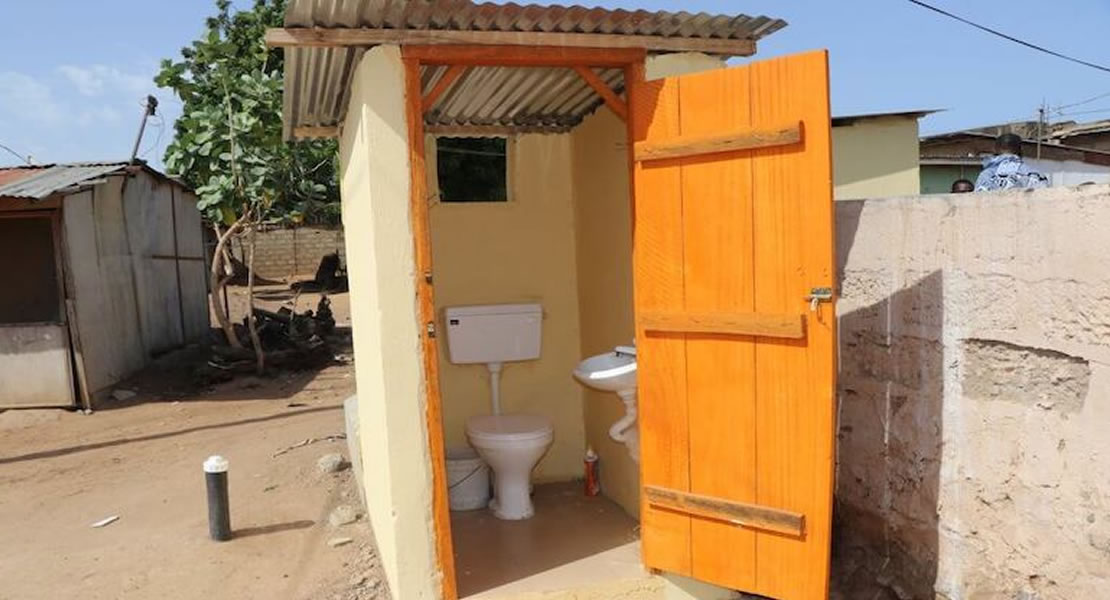 Speaking in an interview with Ghanamps.com, he noted that, “we are constructing additional twelve thousand (12,000) household toilets, and thirty thousand in Kumasi. We might be able to exceed our target with the 12 thousand and might end up constructing eighteen thousand (18,000) toilet or more, and Accra as part of the second phase”.
Speaking in an interview with Ghanamps.com, he noted that, “we are constructing additional twelve thousand (12,000) household toilets, and thirty thousand in Kumasi. We might be able to exceed our target with the 12 thousand and might end up constructing eighteen thousand (18,000) toilet or more, and Accra as part of the second phase”.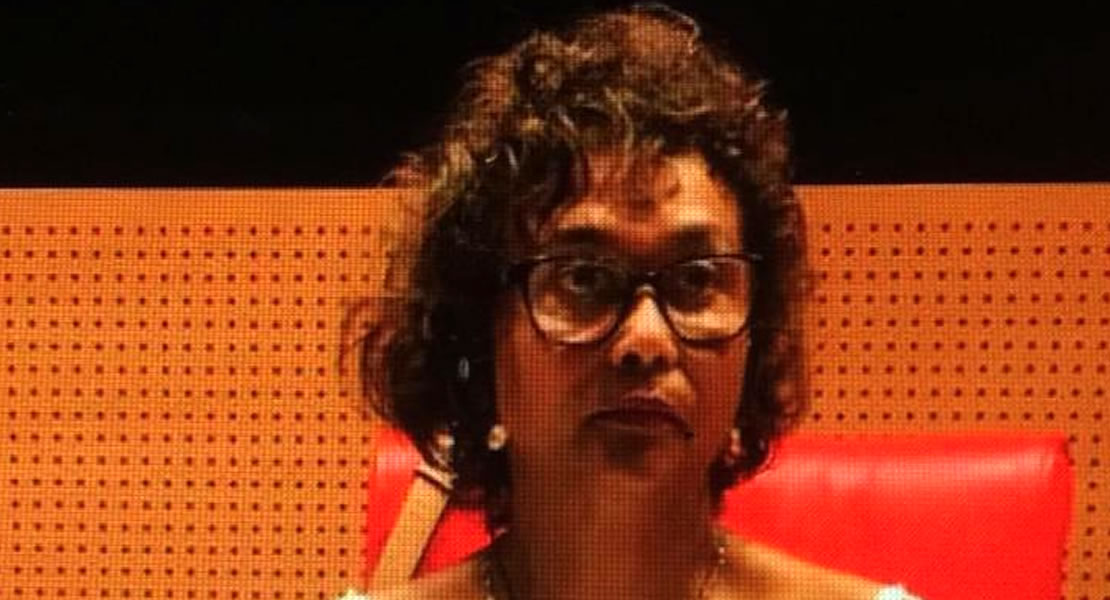
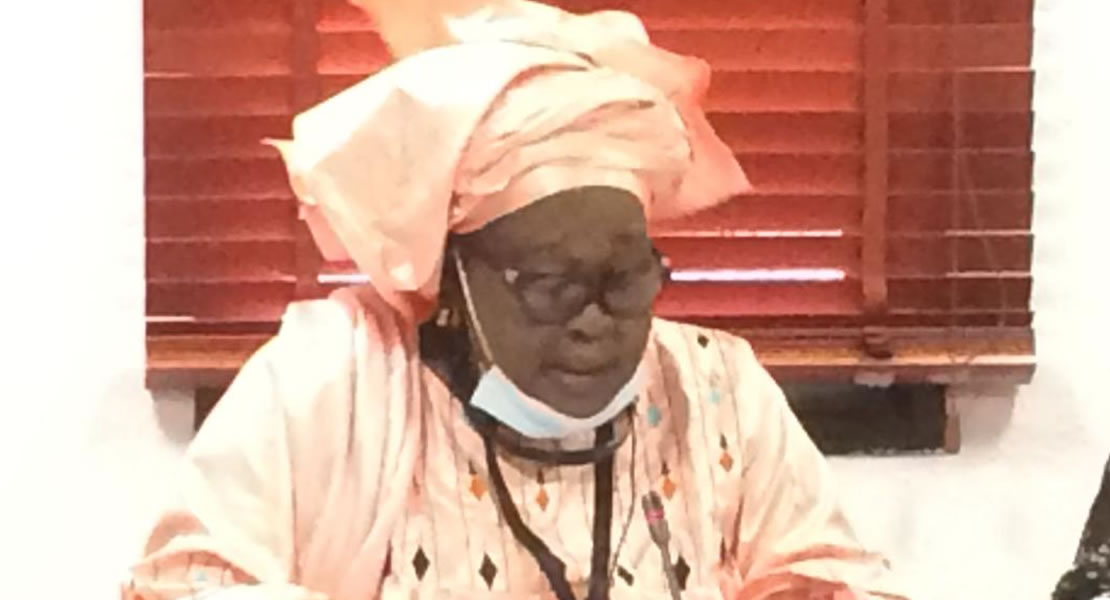 She was elected along with Hon. Kaboule Reine Bertille Sakande Benao (Burkina Faso) 1st Vice President, Hon. Biodun Olujimi (Nigeria) as 2nd Vice President and, Hon. Guiro Ultimate (Senegal) was appointed to serve as Secretary-General while Hon. Fatoumatta Njai was elected as the Association’s Treasurer.
She was elected along with Hon. Kaboule Reine Bertille Sakande Benao (Burkina Faso) 1st Vice President, Hon. Biodun Olujimi (Nigeria) as 2nd Vice President and, Hon. Guiro Ultimate (Senegal) was appointed to serve as Secretary-General while Hon. Fatoumatta Njai was elected as the Association’s Treasurer.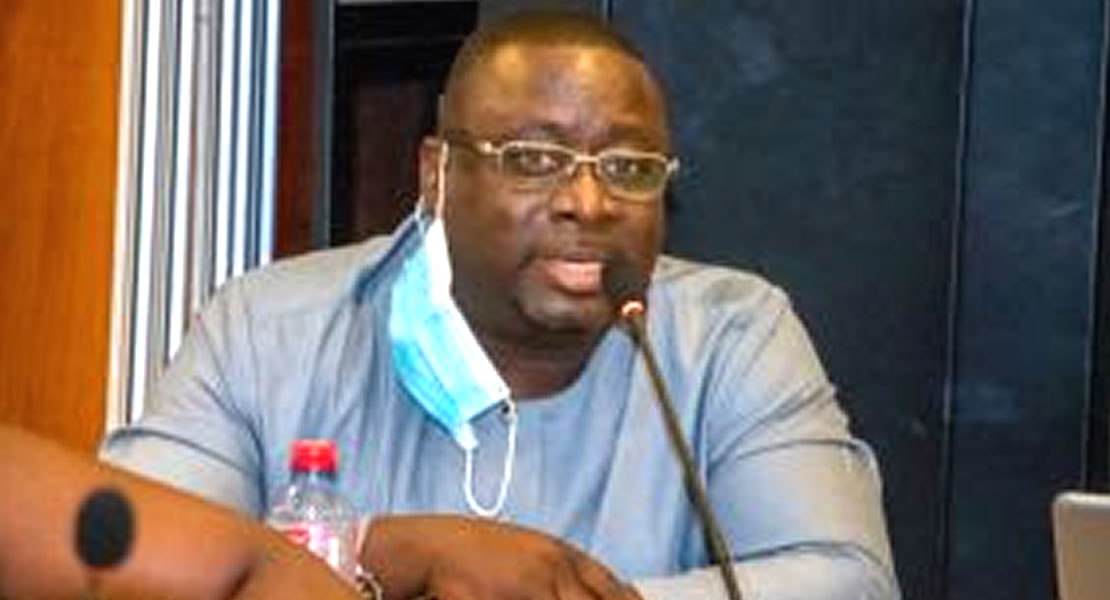
 Ing. Aseidu emphasized that whenever one finds himself or herself at public places, the protocols should be observed. And again touched on washing of hands under running water with soap; and in the event water is not available, hand sanitizer should be the alternative.
Ing. Aseidu emphasized that whenever one finds himself or herself at public places, the protocols should be observed. And again touched on washing of hands under running water with soap; and in the event water is not available, hand sanitizer should be the alternative.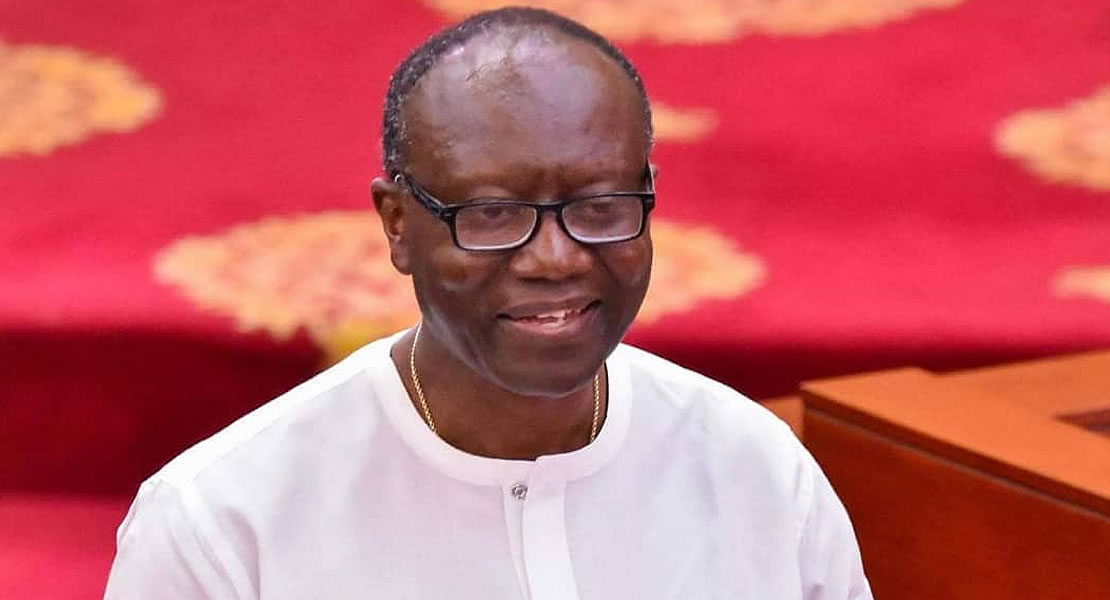
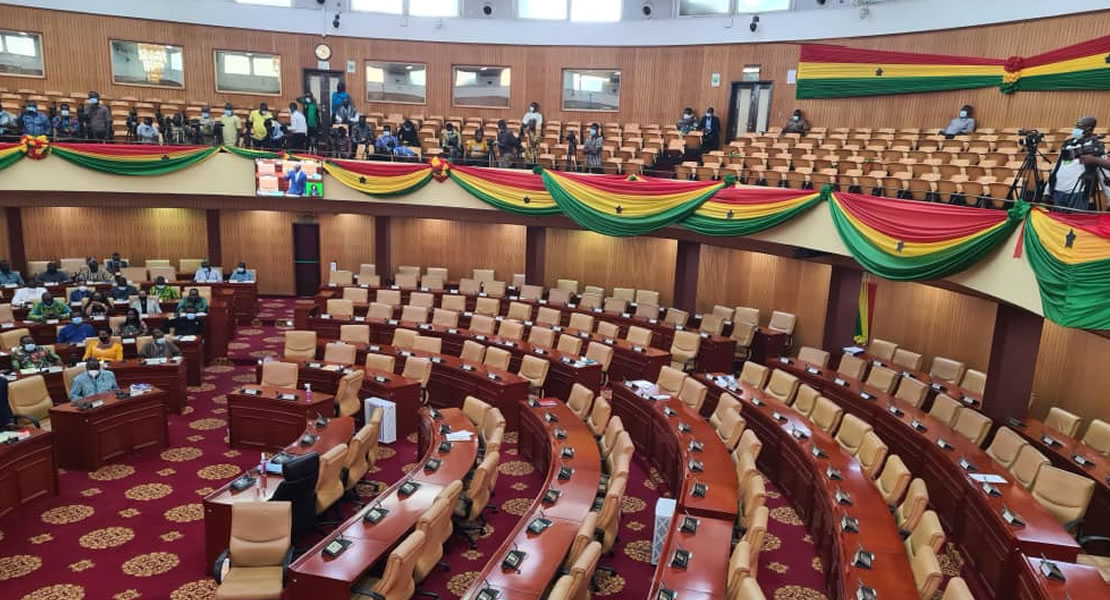 Dr. Hunter made this known at a press conference on Saturday, December 4, 2021. As to what time would be the best time to introduce the E-Levy in Ghana, he noted that in the next ten years would be the appropriate time and called for total rejection of the E-Levy in the 2022 budget.
Dr. Hunter made this known at a press conference on Saturday, December 4, 2021. As to what time would be the best time to introduce the E-Levy in Ghana, he noted that in the next ten years would be the appropriate time and called for total rejection of the E-Levy in the 2022 budget.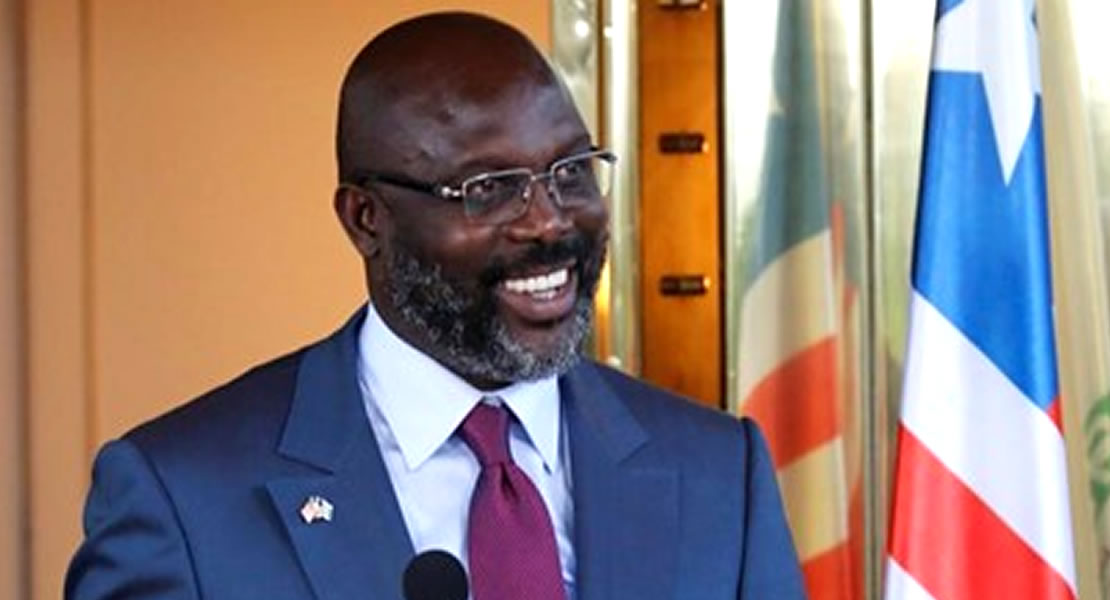
 It can be recalled that even while slavery remained legal in the United States until 1865, the resettlement efforts of the ACS culminated into the establishment of present-day Liberia in West Africa to relocate free black men, women and children from the United States and other people of colour from other parts of the world. This led to the departure of the first group of about 86 free Blacks from the shores of New York in 1820. By the end of the 1800s, approximately 17,000 free Blacks from the United States and the Caribbean were repatriated to Liberia. Other people of color would continue to seek refuge in Liberia, the “land of liberty.”
It can be recalled that even while slavery remained legal in the United States until 1865, the resettlement efforts of the ACS culminated into the establishment of present-day Liberia in West Africa to relocate free black men, women and children from the United States and other people of colour from other parts of the world. This led to the departure of the first group of about 86 free Blacks from the shores of New York in 1820. By the end of the 1800s, approximately 17,000 free Blacks from the United States and the Caribbean were repatriated to Liberia. Other people of color would continue to seek refuge in Liberia, the “land of liberty.”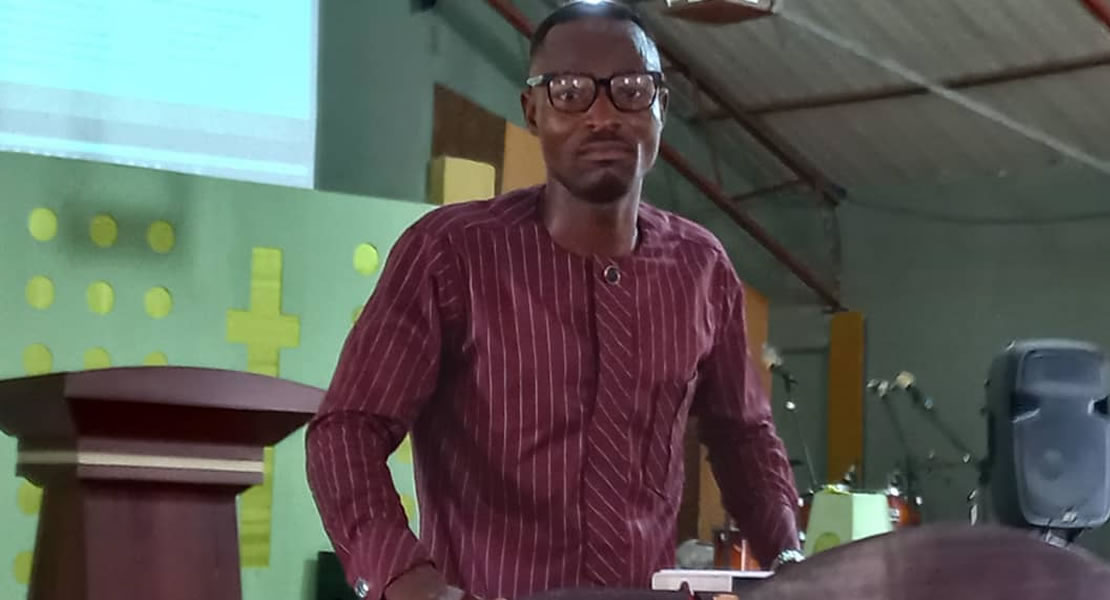
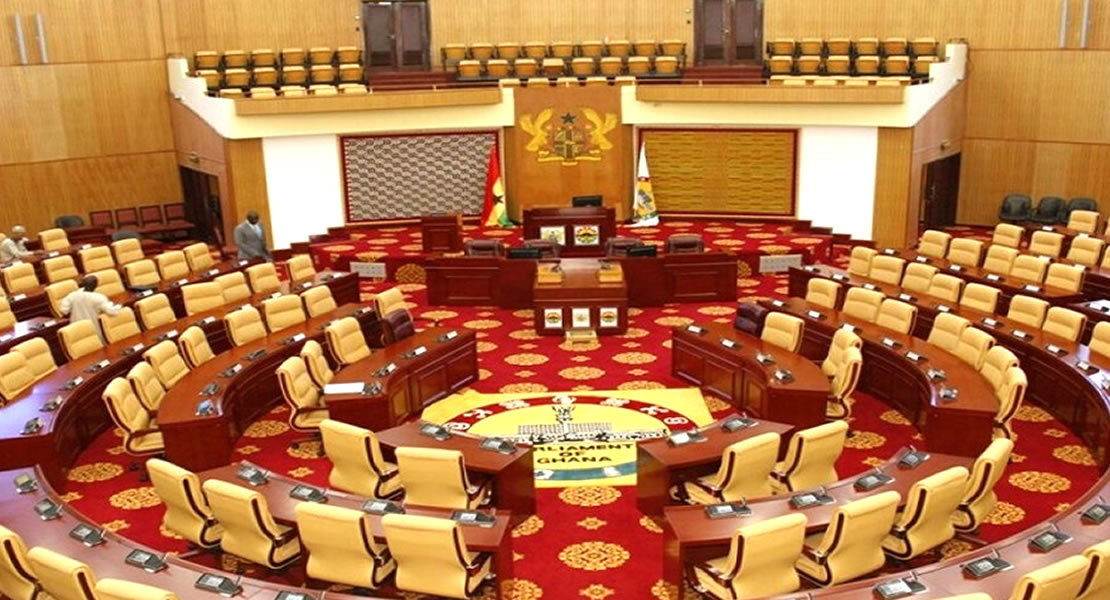
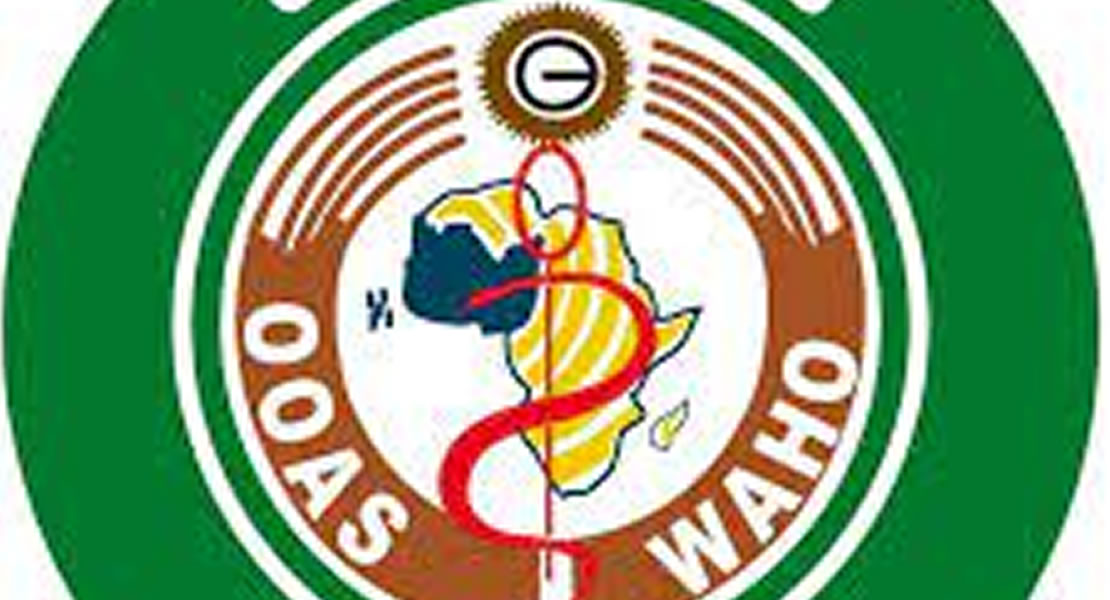
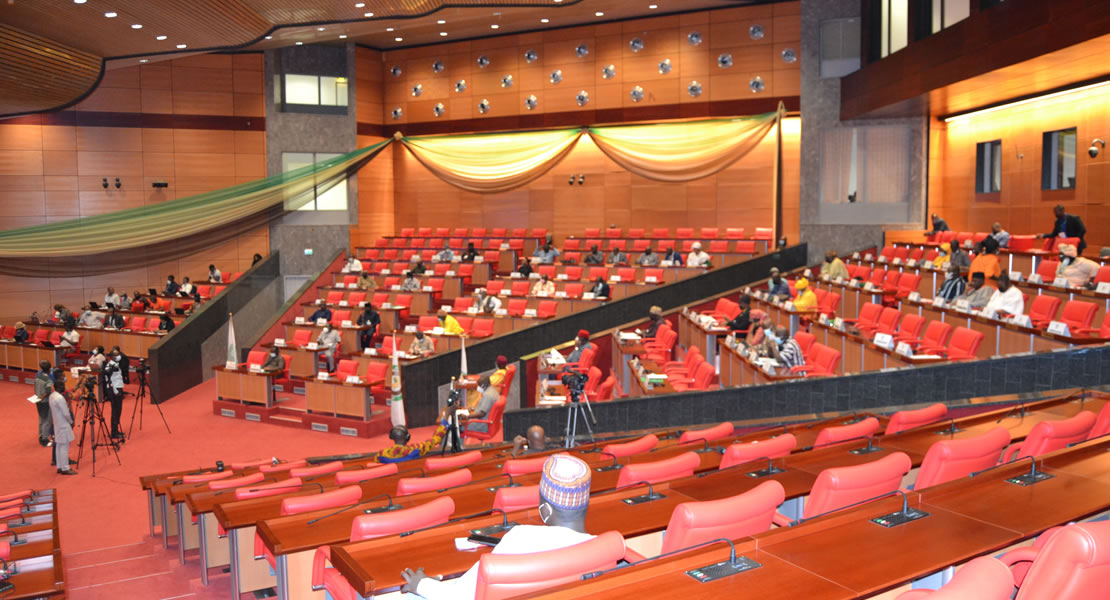 “Among member states of ECOWAS, say Togo and Ghana because vaccination and testing centers have not been established at the land borders, they have closed their borders; that should not be the case. They should have opened the borders for WAHO to supervise Ghana and Togo to do the right thing”.
“Among member states of ECOWAS, say Togo and Ghana because vaccination and testing centers have not been established at the land borders, they have closed their borders; that should not be the case. They should have opened the borders for WAHO to supervise Ghana and Togo to do the right thing”.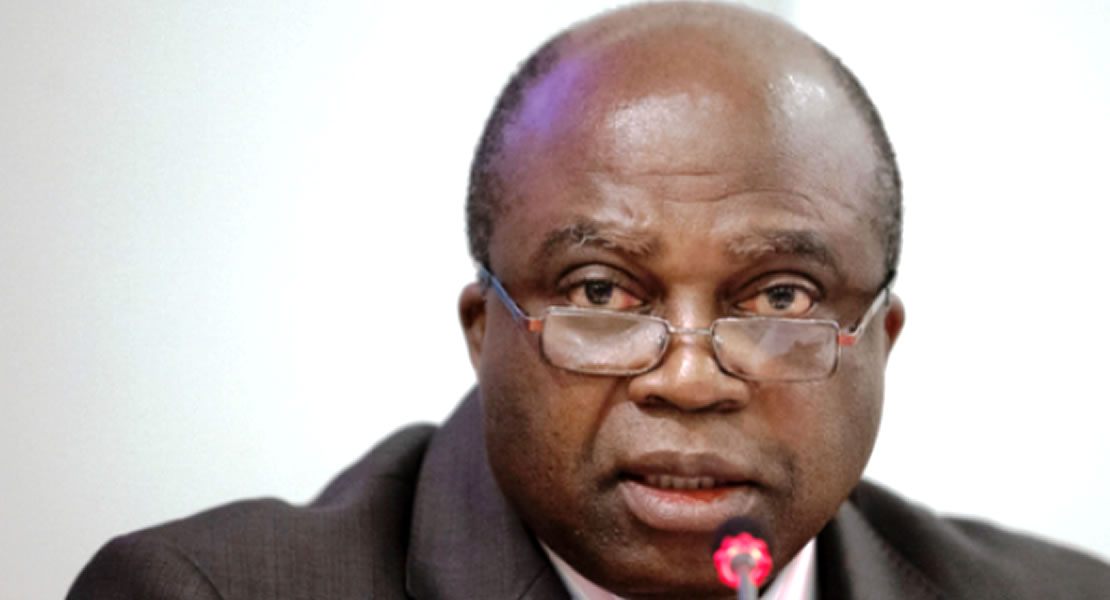
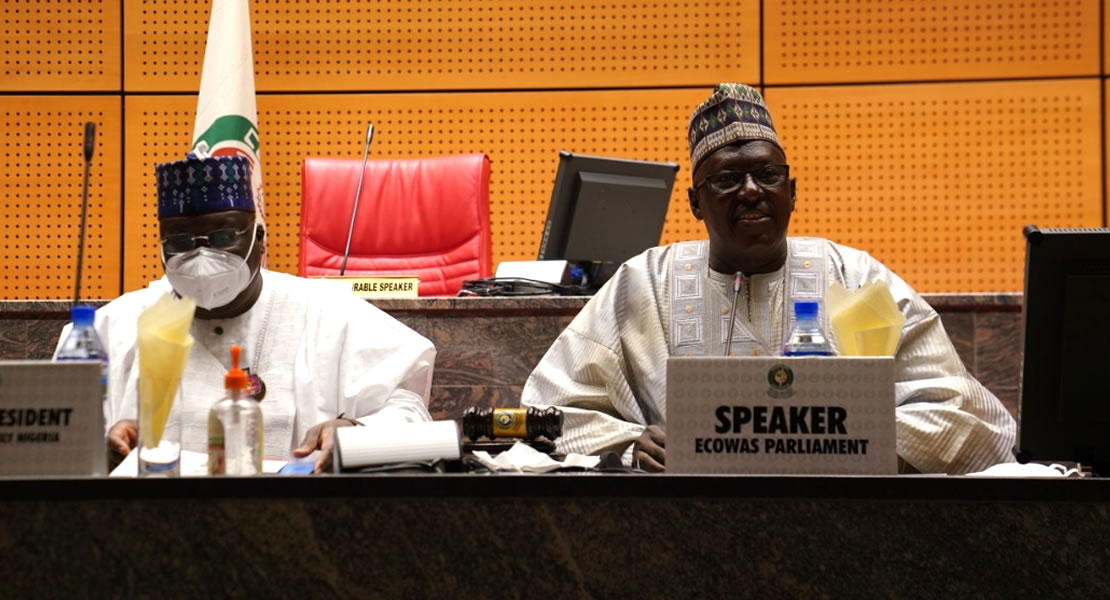 According to him it looks like the Nigerian delegate who prepared the report might have stated a long period of accruals whiles the First Deputy Speaker is also saying it is not that long and has been only one month.
According to him it looks like the Nigerian delegate who prepared the report might have stated a long period of accruals whiles the First Deputy Speaker is also saying it is not that long and has been only one month.